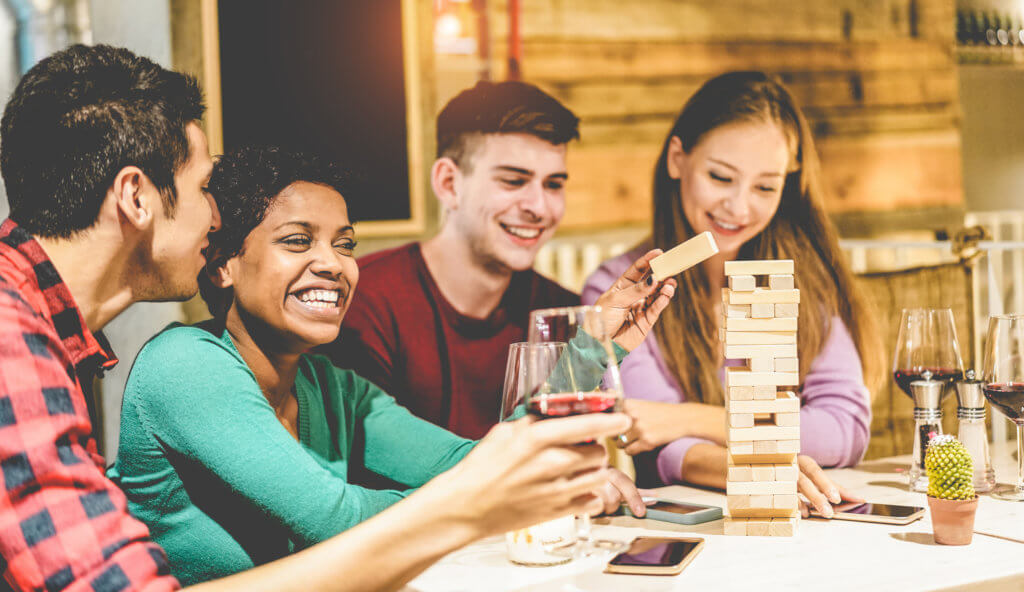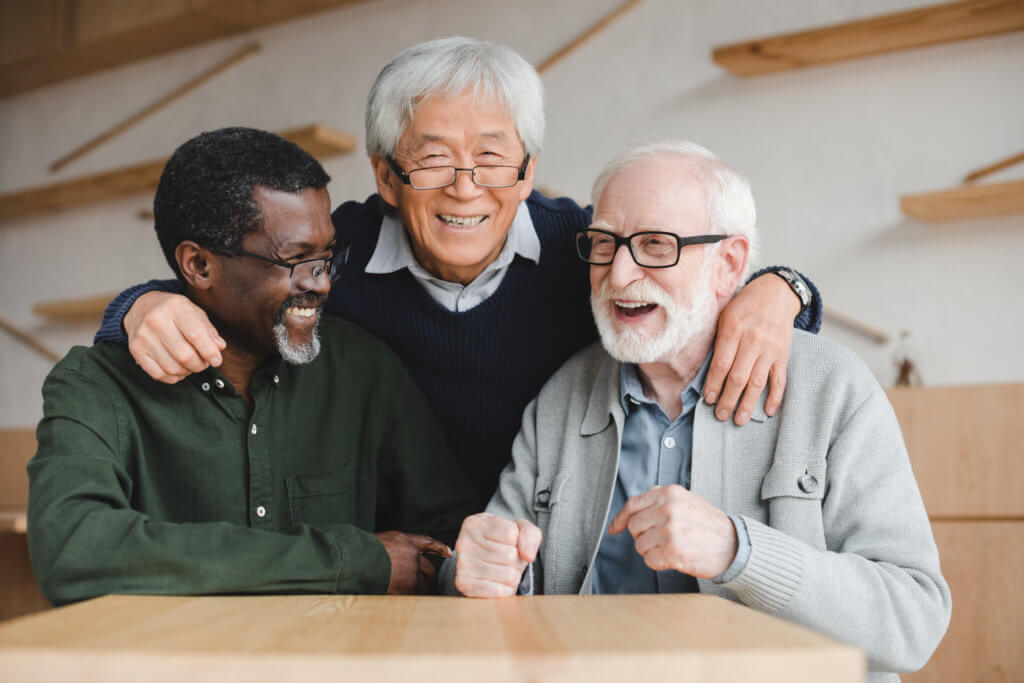NORWICH, United Kingdom — Nowadays, it’s tough to spend more than a few minutes on social media without crossing digital paths with at least one conspiracy theory of some kind. Fascinating new research out of the United Kingdom examined the prevailing popularity of conspiracies in today’s culture, and the ensuing findings suggest many modern conspiracy theories may stem from a fear of the unknown.
Scientists at the University of East Anglia report that having positive interactions with other people from diverse groups and demographics can help reduce the amount of harmful conspiracy beliefs about those groups.
While there seems to be a conspiracy theory for anything and everyone these days, conspiracies focusing on minority groups are especially common, and can potentially lead to various negatives outcomes, ranging from misinformed voting to extreme expressions of prejudice. These latest findings, however, indicate that bringing more people together from diverse backgrounds can reduce the endorsement and tolerance of conspiracy theories.
All in all, the research team believes their work can help both educators and policy makers create a more harmonious society.
“Some conspiracy beliefs are about things like the moon landing, or more seriously about things like the nature and effectiveness of vaccines,” says Dr. Charles Seger, from UEA’s School of Psychology, in a media release. “We know from past research that simply being exposed to conspiracy beliefs, even without endorsing them, can have detrimental effects, such as a decreased willingness to engage in politics.”

– stock.adobe.com)
“But a lot of conspiracy beliefs are about groups of people. Specifically, people often have conspiracy beliefs about disadvantaged or minority groups such as Jewish people or immigrants. These beliefs can take the form of believing that these groups of people are involved in secret plots and schemes or are attempting to harm the fabric of society at large,” Seger continues.
“These sorts of conspiracy beliefs are associated with increased prejudice towards those groups, and it can be argued that intergroup violence and genocide are fueled by unwarranted conspiracy beliefs. We wanted to find out whether friendly interactions with other groups of people can reduce conspiracy beliefs.”
Study authors conducted three separate experiments involving over 1,000 participants to reach these conclusions. More specifically, they analyzed whether positive inter-group contact helps hinder conspiracy theories about other social groups.

The first two experiments focused on exploring relationships; British participants were asked about their experience of contact with immigrants or Jewish people and their belief in conspiracy theories in relation to them. The third experiment entailed asking people to think about a positive contact experience with a Jewish person, and then report their personal conspiracy beliefs held about this group. Participants also had to report any feelings of prejudice towards the target group in each study.
“We found that people who had experienced friendly interactions with Jewish people or immigrants, or even imagined a positive contact experience, were less likely to believe conspiracy theories about them. Importantly, these effects remained even beyond the prejudice reducing effects we know such interactions to have,” Dr. Seger explains.
“Conspiracy theories seem to be escalating in society, perhaps due to social media There are complex reasons for why people believe conspiracy theories about different groups, and conspiracy theories are notoriously hard to correct. Providing accurate information often does not work. Therefore, it is exciting that this intervention shows promise in reducing conspiracy beliefs.”
“Our research suggests that bringing people from diverse backgrounds together can reduce the endorsement and tolerance of conspiracy theories,” the researcher adds. “This could be used as a useful tool for educators, policy makers, and those invested in promoting a more harmonious society.”
“The research findings offer a promising potential starting point for developing tools to bring diverse groups of people together who may not usually have contact and try to foster positive conversations to help reduce potentially harmful conspiracy theories from taking hold,” concludes Dr. Daniel Jolley, from the University of Nottingham. “Whilst the problems are often very complex, and positive contact will not solve all the issues surrounding conspiracy theories towards certain groups, the fact that this work offers a potential tool to reduce intergroup conspiracy theories is a notable breakthrough.”
“Our work offers a framework that, along with future research, might lead to the reduction of conspiracy beliefs in the general population.”
The study is published in the European Journal of Social Psychology.
You might also be interested in:
- No conspiracy? Americans spread fake news because they want to fit in
- Google autocomplete helps legitimize conspiracy theorists, study says
- What are employers looking for? Study finds race and gender make candidates memorable


Isn’t it odd how government-labeled “misinformation” always turns out to be true, and government mandated “truth” always turns out to be lies?
George Orwell’s “1984” is now a history book, not fiction.